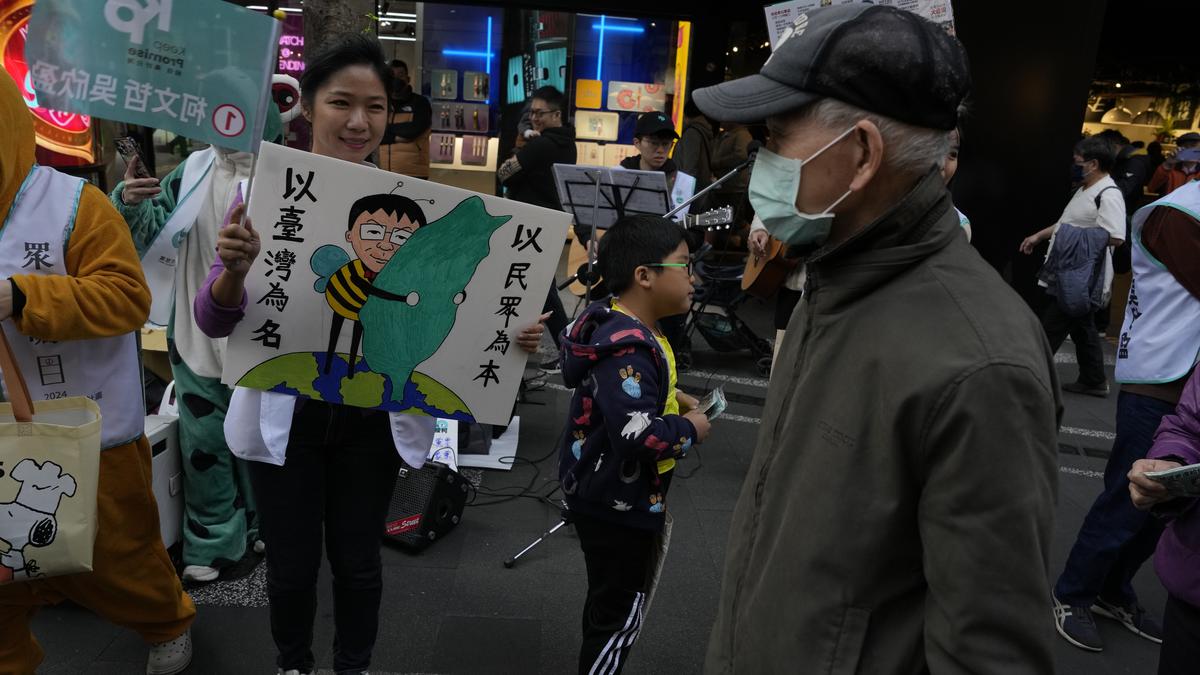
Taiwan voters face flood of pro-China disinformation
The Hindu
From deepfakes to breathless TikTok videos, a wave of disinformation has hit Taiwan’s voters ahead of Saturday’s Presidential election, aimed overwhelmingly at candidates China opposes.
From deepfakes to breathless TikTok videos, a wave of disinformation has hit Taiwan's voters ahead of Saturday's Presidential election, aimed overwhelmingly at candidates China opposes.
Experts and Taiwanese officials say this campaign is linked to Beijing, which has made no secret of its disapproval of frontrunner Lai Ching-te, whose Democratic Progressive Party (DPP) rejects the Chinese claim that Taiwan is its territory.
Often accompanied by loud graphics and dramatic music, some of these TikTok videos originated on Douyin, the version of the app available in mainland China, an AFP Fact Check investigation found.
One Chinese hashtag mocking Lai got more than 8.5 million views, and the responses to posts and videos against the DPP were replete with derogatory comments and conspiracy theories.
"She's a foreigner," commented one TikTok user on a video featuring DPP opponents loudly claiming Lai's running mate Hsiao Bi-khim was secretly a US citizen — and thus ineligible.
Hsiao has repeatedly said she gave up her U.S. citizenship years ago, and AFP found her name on a U.S. government list of people who have renounced their nationality.
Still, the unfounded claim about Hsiao's U.S. citizenship has been the most persistent social media allegation during the election campaign.

The 29th edition of the Conference of Parties (COP29), held at Baku in Azerbaijan, is arguably the most important of the United Nations’ climate conferences. It was supposed to conclude on November 22, after nearly 11 days of negotiations and the whole purpose was for the world to take a collective step forward in addressing rising carbon emissions.










